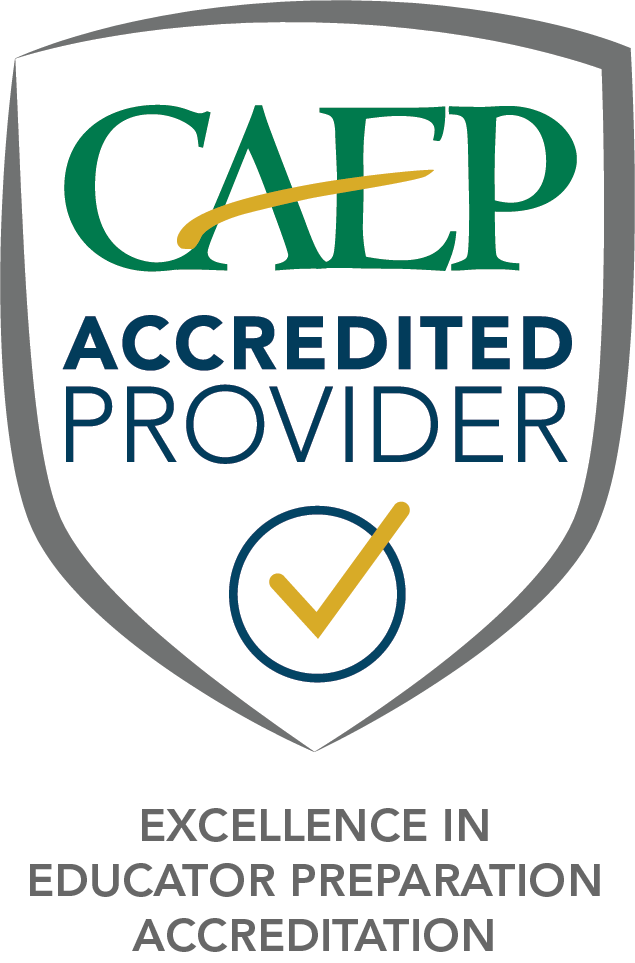The Reflective Teaching Model
What is the Reflective Teaching Model?
Reflective teaching is an inquiry approach that emphasizes an ethic of care, a constructivist approach to teaching, and creative problem solving (Henderson, 2001).
An ethic of care respects the wonderful range of multiple talents and capacities of all individuals regardless of cultural, intellectual, or gender differences. A premium is placed on the dignity of all persons. Teachers using a constructivist approach place emphasis on big concepts, student questions, active learning, and cooperative learning, and they interweave assessment with teaching.
A constructivist approach seeks to connect theory to practice and views the student as “thinker, creator, and constructor.” Integral to a constructivist theory of learning is creative problem solving. Teachers take responsibility for assessing and solving problems not with mechanistic “cook book” recipes, but by asking “What decisions should I be making?”, “On what basis do I make these decisions?”, and “What can I do to enhance learning?”
How does the Reflective Teaching Model Integrate Theory with Practice?
Teacher education at EMU strives to help you make meaningful connections between theory and practice. You are taught to ask significant questions in the context of classroom and field experiences.
The education department incorporates reflective thinking and teaching into a sequential curriculum pattern with initiatory, developmental, and culminating phases. Courses are arranged within the professional education sequence around five questions:
- Exploring Teaching — “Shall I Teach?”
- Academic Preparation — “What Shall I Teach?”
- Understanding Learners — “How Do Students Learn?”
- Organizing for Teaching — “How Shall I Teach?”
- Schooling and Cultural Context — “Why Do We Teach?”
Classes participate in carefully arranged and fully integrated field based experiences beginning in the first year and culminating in the senior year with Student Teaching. The professional education curriculum emphasizes caring relationships, assertive but cooperative classroom management practices, peace and justice issues, and the integration of ethics with professional competency.
The ultimate goal of teacher education at EMU is to empower you to develop a spirit of inquiry leading to informed decision making while applying values to action.
Members of the education faculty are committed to demonstrating the reflective model in their own teaching. Education classes utilize instructional activities such as cooperative learning strategies, class interaction and role playing, microteaching lessons, and case studies. Instructors give special attention to the application of theory and practice by helping you make connections between relevant concepts through higher order questioning strategies.
Reflective thinking skills – the ability to evaluate and interpret evidence, modify views, and make objective judgments – are stressed in all courses.



